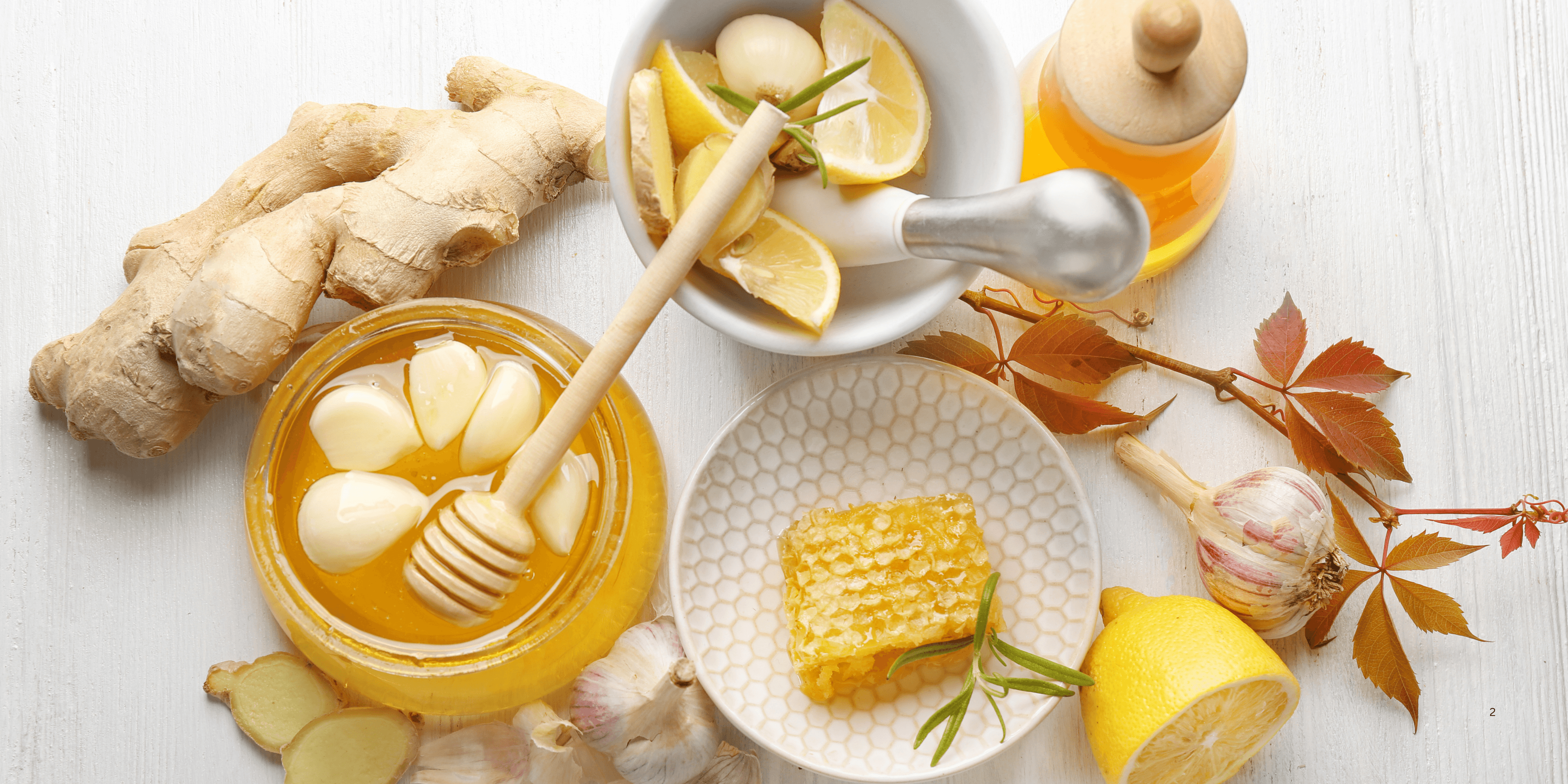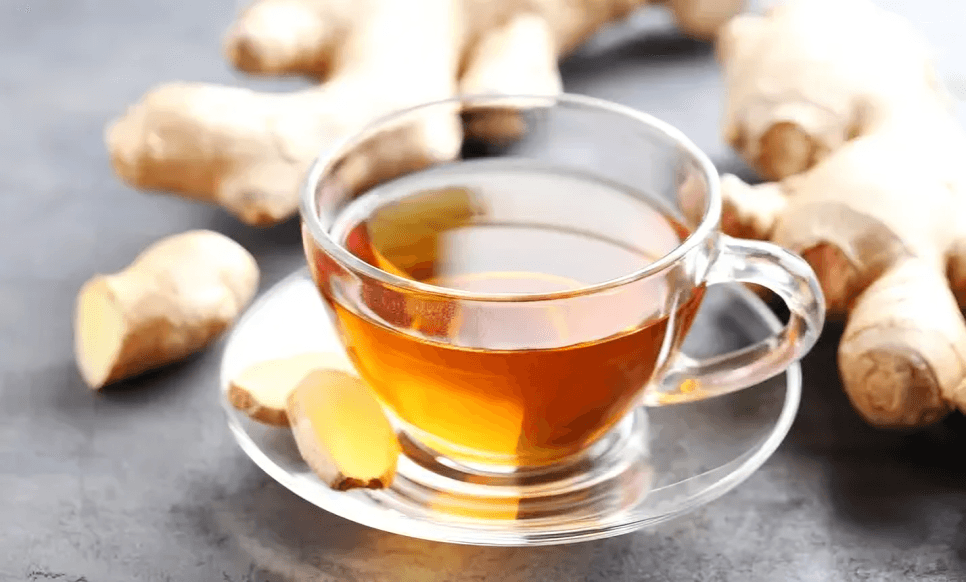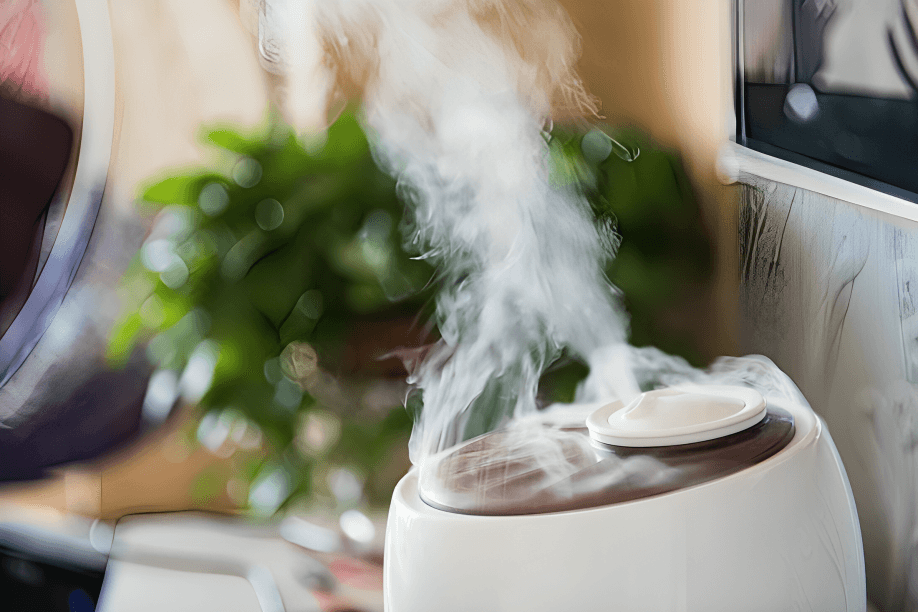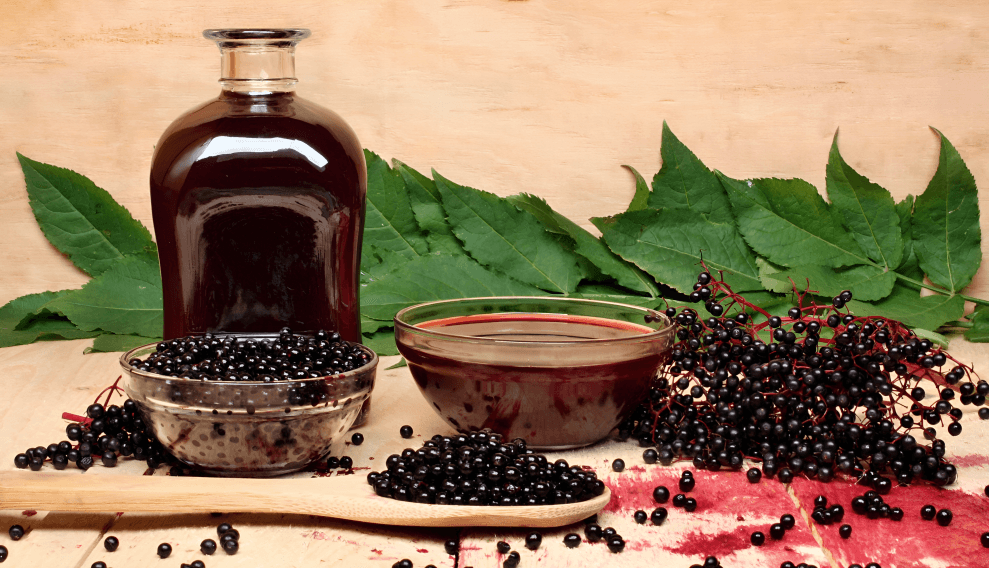
“
When dealing with seasonal sniffles or an irritating cough, many turn to the best home remedies for cold and cough to ease discomfort naturally. These age-old solutions often use kitchen staples or simple herbs with proven therapeutic properties. 1
1
”
Ancient Greek physician Hippocrates supported the use of honey and herbs in soothing coughs and sore throats, believing nature itself was the best healer for mild respiratory discomfort. 1
A spoonful of honey, especially buckwheat honey, coats the throat and reduces nighttime coughing, showing effectiveness in children above one year and adults alike with mild cough symptoms. 2

Ginger tea with fresh slices can reduce inflammation in the airways, helping soothe coughing fits. It also contains compounds like gingerol that offer mild analgesic and antimicrobial benefits.
Gargling with warm salt water can ease throat irritation and wash away germs, reducing inflammation and loosening mucus stuck in the throat or upper respiratory passages. 3
Inhaling steam from hot water infused with eucalyptus oil helps moisturize dry nasal passages, break up mucus, and calm irritated sinuses, offering short-term but soothing relief. 4
A mixture of turmeric and warm milk, often called "golden milk," is rich in curcumin, a compound known for reducing inflammation and boosting immunity during colds. 5
Staying hydrated with warm fluids like herbal teas and broths thins mucus secretions, making it easier to expel phlegm while keeping the throat moist and less prone to irritation. 6
Peppermint tea or inhaling peppermint steam can relax the throat muscles, reduce cough severity, and open congested airways due to menthol’s natural cooling and soothing properties. 7
Consuming garlic regularly—raw or cooked—may reduce the severity of colds due to its allicin content, a sulfur compound known for its antimicrobial and antiviral effects on respiratory pathogens. 8

Humidifiers add moisture to dry indoor air, helping reduce coughing, easing throat dryness, and loosening stubborn mucus, especially in heated winter rooms.
Resting adequately boosts immune function, giving the body time and energy to repair itself, which in turn helps shorten the duration of cold symptoms and coughing spells. 9
Lemon juice mixed with warm water and honey provides a triple benefit—vitamin C to support immunity, soothing properties for sore throats, and antibacterial effects from honey. 10
Spicy foods like those containing chili or black pepper can act as natural decongestants, triggering a thinning of mucus and encouraging drainage through sneezing and nasal clearing. 11
Probiotics from fermented foods such as yogurt and kimchi help strengthen gut health, which is closely tied to immune response and can lessen the frequency of colds. 12

Elderberry syrup is often used to reduce the duration of colds, as elderberries are rich in flavonoids and antioxidants that support the immune system and reduce inflammation.
Basil leaves boiled in water and sipped like tea can provide natural relief for colds. This herb contains compounds that help open airways and combat bacterial infections. 13
Onion-infused honey is a traditional home cough remedy. After soaking onion slices in honey overnight, the resulting syrup helps soothe coughs and break up phlegm buildup. 14
Massaging the chest with essential oils like thyme or rosemary mixed in a carrier oil can stimulate circulation, relieve chest congestion, and offer a comforting, warming effect. 15
Drinking thyme tea can help with bronchial spasms and cough relief. Thyme’s natural compounds—thymol and carvacrol—have been shown to possess antispasmodic and antimicrobial effects. 16
Famous Persian physician Avicenna prescribed natural herbs like licorice root and aniseed for coughs centuries ago—many of which are still used in modern herbal cough remedies today.17


